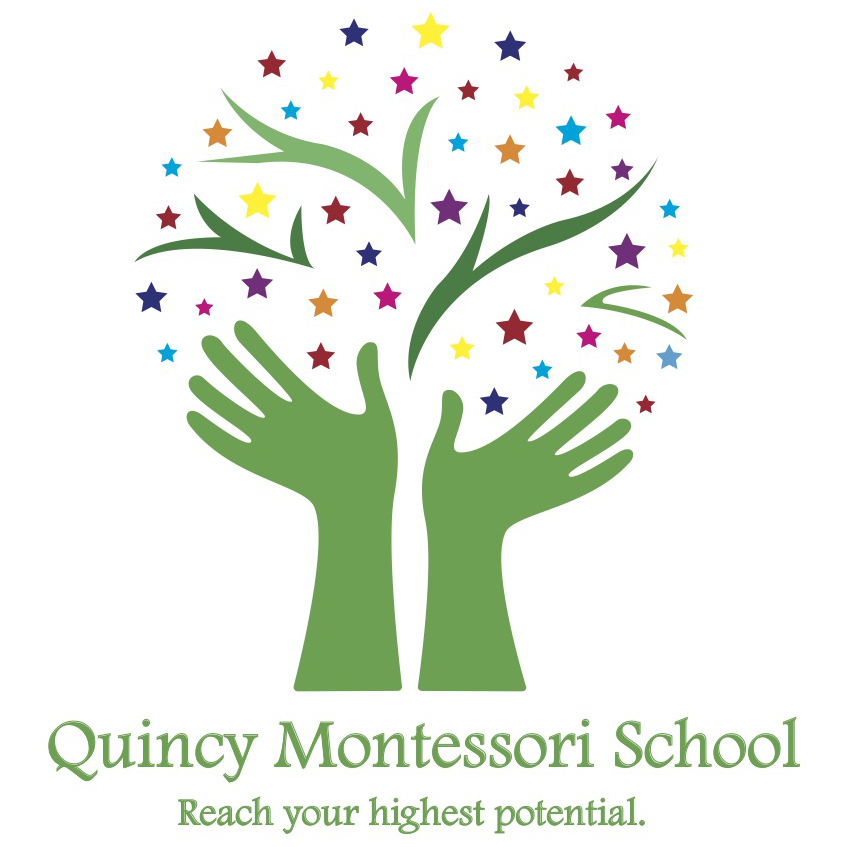Elementary Program
Maria Montessori said of the elementary classroom, "The elementary child has reached a new level of development. Before he was interested in things: working with his hands, learning their names. Now he is interested mainly in the how and why... the problem of cause and effect." Now achieved in physical independence, elementary students strive for intellectual independence. They begin to recognize the vastness of the world around them. They become active participants in setting rules and expectations in the classroom and taking on new responsibilities. At this stage of development, educators guide students and provide the keys to materials and information with which they can explore their interests and grow their love of learning.
Our lower elementary program builds and expands upon the primary curriculum:
Practical life grows to become more integrated with the classroom. Students may assist with meal preparations, clean up, caring for plants or animals, and continue to ensure the orderliness of their environment.
Goal planning and self-direction are a large part of elementary education. Students begin to set learning goals, learn about time management, self-discipline, and continue to develop social skills by working cooperatively with their peers.
Language becomes more abstract, including a complete spelling curriculum, grammar studies, creative writing, and research skills. Educators seek to broaden their horizons in reading by introducing poetry, plays, and various other forms of literature.
Elementary mathematics seeks to provide a bridge between the physical plane and the abstract plane of thought. Students are shown math in more dimensions and learn through experimentation. Concepts such as fractions, measurements, multiplication, division, geometry, spatial relationships, algebra, and problem solving are introduced and expanded upon.
The Culture area continues to cover a range of subjects: geography, zoology, botany, science, art, and music. Students expand their understanding of time, diversity, history, civilizations, nature, and the arts. They are encouraged to investigate their interests through independent and collaborative research and share their newfound knowledge through classroom presentations.

